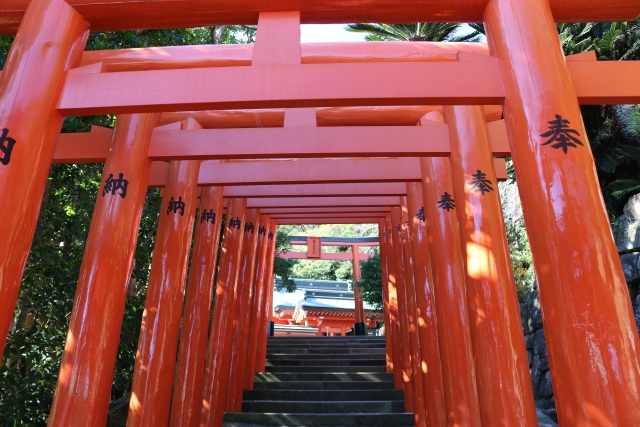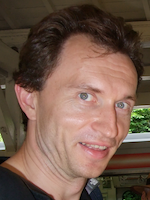


Call for Participation
The Technical Committee on Multiple-Valued Logic of the IEEE Computer Society will hold its 50th annual symposium (ISMVL 2020) in Miyazaki, Japan, from Nov. 9 to 11, 2020. ISMVL 2020 offers you a great opportunity to follow the recent technologies and explore future directions in multiple-valued logic and its related areas.
The following keynote speakers will present their cutting-edge research:
 Prof. Masayuki Ohzeki (Tohoku University, Tokyo Institute of Technology, Japan) Title: Quantum Annealing and Its Application to Real World Abstract: Quantum annealing is a generic solver of combinatorial optimization problem and is implemented by a hardware known as the D-Wave quantum annealer. In this talk, we introduce future directions of its application, while showing several practical applications, namely the control of the automated guided vehicles in factory and evacuation system from disaster after big earthquake etc. |
 Prof. Ali Sheikholeslami (University of Toronto, Canada) Title: Digital Annealer: A Stochastic Search for Global Optimum Abstract: As Moore's law nears the end of its time, the search for continued improvement in performance has focused on the architecture-level and system-level innovations. At the system level, we resort to stochastic moves to solve hard optimization problems, where the goal is to minimize (or maximize) a function of many variables (in the order of 1000's) in a fraction of a second. These optimization problems are predominant in engineering, health, finance, and environment. In engineering, for example, we often wish to allocate resources to tasks, or schedule tasks given limited resources, to minimize waste. In health, we wish to maximize radiation to a tumor in a patient's body while sparing the healthy organs surrounding the tumor. This indeed requires optimization of the density of an X-ray beam as it rotates 360 degrees around the patient. In this keynote speech, we will walk you through a stochastic journey of a Markov Chain Monte Carlo (MCMC) process where we try to find the global minimum of a quadratic function of 1024 binary variables. We will demonstrate how employing several techniques in hardware parallelism including parallel tempering (deploying several parallel hardware blocks exploring the solution space at various "temperatures" and occasionally exchanging their states), parallel trial, and parallel update, can provide significant speedup, allowing CMOS to live far beyond the end of CMOS scaling. |
 Dr. Alan Mishchenko (University of California Berkeley, USA) Title: Boolean Logic Networks for Machine Learning Abstract: This talk explores the use of logic networks and Boolean methods in machine learning (ML). Both synthesis and verification are addressed. On the synthesis side, we introduce a novel ML model based on logic networks, which can potentially replace neural networks in some applications. The advantages are, substantially reduced evaluation latency, simpler hardware implementation (no need for memories and arithmetic operations), straight-forward design automation. The challenge is, matching the accuracy of neural networks. On the verification side, we use logic networks, in particular, and-inverter graphs (AIGs), to detect overfitting in any ML model using only the AIG representation of the model and the training data, assuming that the evaluation data is not available or cannot be trusted. |
Technical (Regular) Papers:
Other than the keynote addresses, 52 high-quality technical papers including special sessions will be presented as well. The tentative program is available here.
In conjunction with ISMVL 2020, the following workshop will be held.
- 29th International Workshop on Post-Binary ULSI Systems (Nov. 11, 2020)
All participants are required to register. The deadline for early registration is Oct. 10, 2020. Details about registration such as registration fee and how to register are available here.
| Symposium Chair: | Program Chair: |
|
Yutaka Hata University of Hyogo, Japan Email: hata{at}sim.u-hyogo.ac.jp |
Yasushi Yuminaka Gunma University, Japan Email: yuminaka{at}gunma-u.ac.jp |


